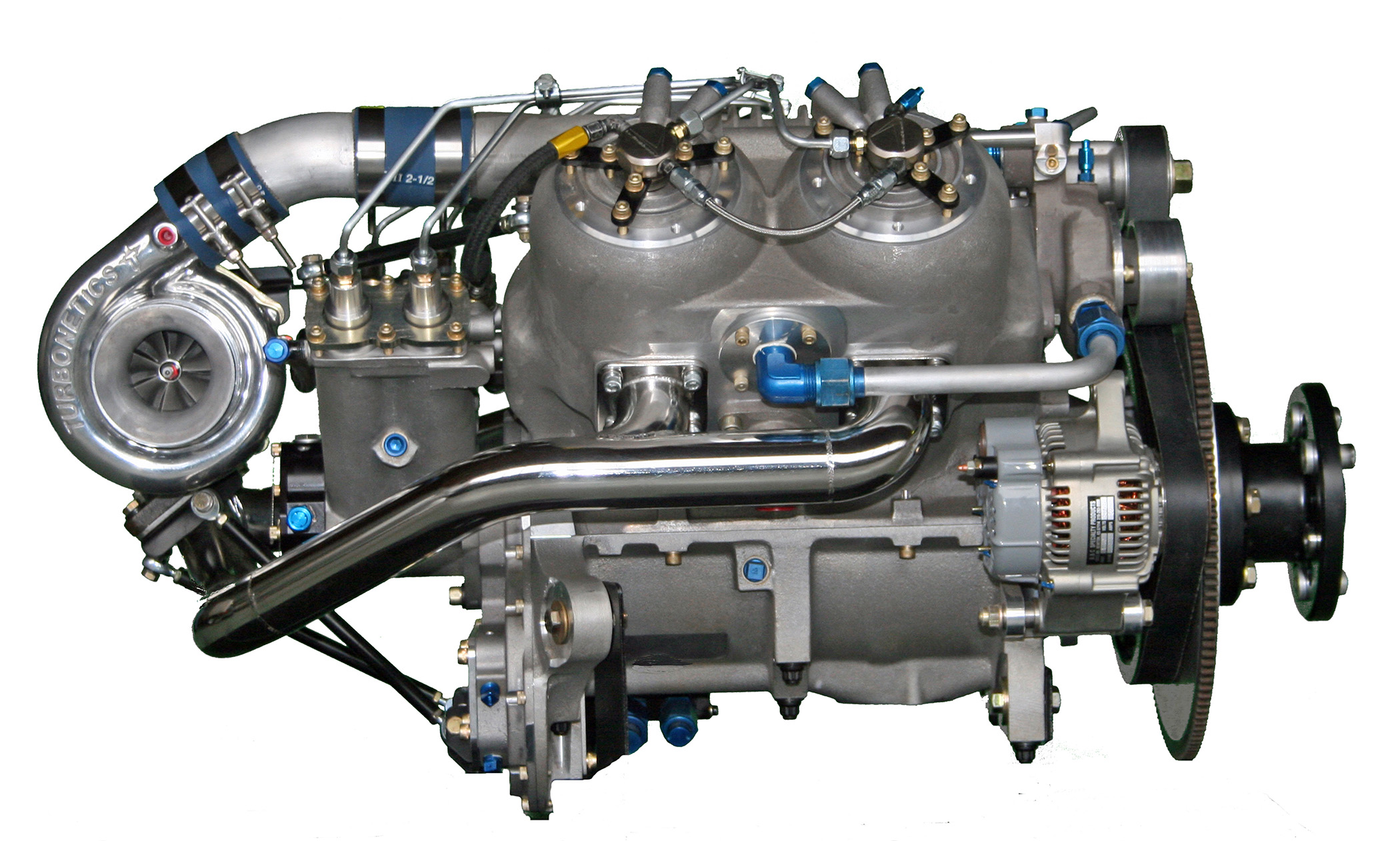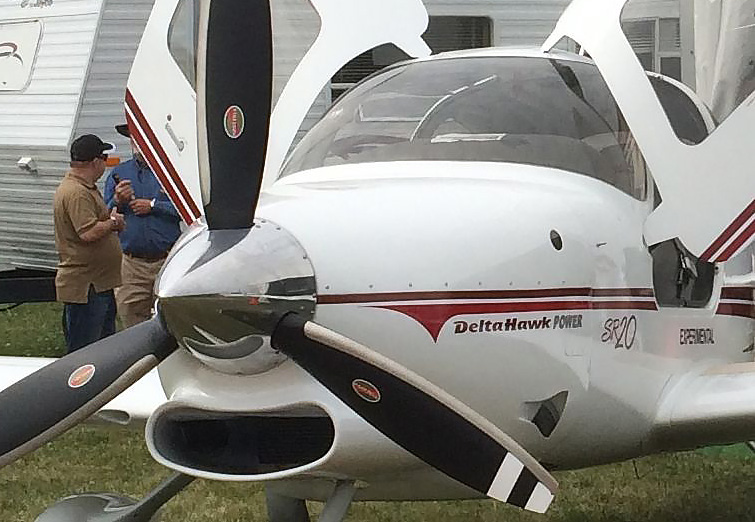Funding spurs DeltaHawk diesel improvements
General aviation diesel engine projects continue slow progression toward certification and acceptance by consumers. Among the longest in development is DeltaHawk, which was announced more than 16 years ago. At EAA AirVenture in late July, company officials say they will not be delivering engines by the end of 2016, as predicted in 2015. However, they say, the delay is because of efforts to continue improving components that will result in better efficiencies and longer engine life.

DeltaHawk CEO Christopher Ruud reiterated his family’s commitment to funding the project through certification and production. The Ruud family bought a controlling interest in the project in early 2015.

Over the years, the engine has flown on a Velocity and soon will fly on a Twin Velocity. It will fly again on a Cirrus SR20 later this year. The first supplemental type certificate for the 180-horsepower engine will be for aircraft in the category of Cessna 172s and Piper PA-28s, according to Webb. The company doesn’t plan to sell any engines into the experimental market until it is certified. A new date for certification has not been announced.

Thomas B Haines
Contributor (former Editor in Chief)
Contributor and former AOPA Editor in Chief Tom Haines joined AOPA in 1988. He owns and flies a Beechcraft A36 Bonanza. Since soloing at 16 and earning a private pilot certificate at 17, he has flown more than 100 models of general aviation airplanes.
Topics:
EAA AirVenture


